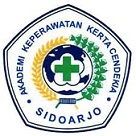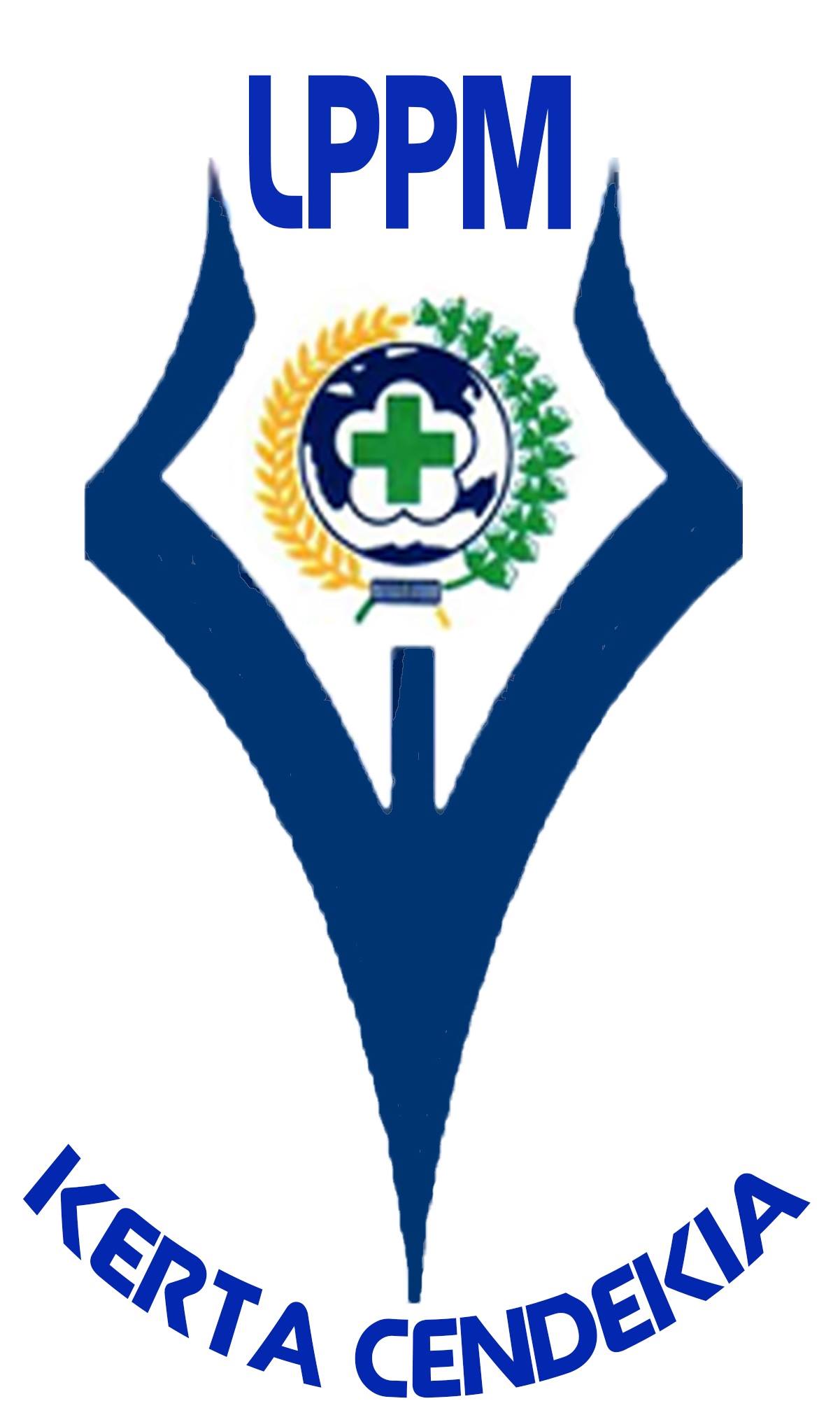COMBINATION BENSON RELAXATION AND MURROTAL ALQURAN TO DECREASE ANXIETY, STRESS, AND DEPRESSION HEMODIALYSIS PATIENTS: AN EXPERIMENTAL STUDY
DOI:
https://doi.org/10.36720/nhjk.v13i2.640Keywords:
Anxiety, Benson Relaxation, Depression, Murrotal Al-Quran, StressAbstract
Background: Anxiety, stress and depression in hemodialysis patients often occur due to changes in lifestyle and boredom undergoing therapy. Data from the hospital 63.9% of hemodialysis clients experienced anxiety, 51.7% experienced stress, and 60.5% experienced depression.
Objectives: The purpose of this study was to determine the effect of the combination of Benson relaxation and Murrotal Al-Quran in hemodialysis patients at Islamic hospital.
Methods: The design of the research was quasi-experiment with pre-posttest control group design. The sample of the research was 180 respondents that divided into three groups: 60 respondents in intervention group with combination of Benson relaxation and Murrotal Al-Quran, 60 respondents in intervention group with Benson relaxation, and 60 respondents in control group (no intervention). The intervention groups were given combination of Benson relaxation and Murrotal Al-Quran for 15 minutes once daily for 1 month. Research instruments using DASS (Depression Anxiety Stress Scale) to measure the anxiety, stress, and depression.
Results: The t-test analysis found that the decrease in anxiety, stress, and depression was more common in the Benson relaxation and Murrotal Al-Quran combination group. While the Manova test showed that there were differences in the intervention group and the control group with the strength of differences in anxiety (68.7%), stress (68.4%), and depression (58.2%).
Conclusion: Benson relaxation combination therapy with Murrotal Al-Quran is more effective in reducing anxiety, stress, and depression levels in hemodialysis patients. Nurses can implement this intervention in order to meet the patients’ psychological needs.
Downloads
References
Abd-alrazaq, Alaa et al. 2020. “The Effectiveness of Listening to the Holy Quran to Improve Mental Disorders and Psychological Well-Being: Systematic Review and Meta-Analysis.â€
Ansori. 2015. “PENGALAMAN PSIKOLOGIS PASIEN GAGAL GINJAL KRONIK (GGK) DENGAN TINDAKAN HEMODIALISA.†Paper Knowledge . Toward a Media History of Documents 3(April): 49–58.
Asiyah, Siti Nur, and Imamah Istikhomah. 2019. “Effectiveness of Murottal Therapy in Reducing Anxiety in Diabetics.†Journal of Health Science and Prevention 3(2): 118–21.
Black, J.M.,Hawks, J.H. 2014. Medical Surgical Nursing Clinical 8 Th Edition. W.B Saunders Company.
Frih, Bechir et al. 2017. “Effects of Listening to Holy Qur’an Recitation and Physical Training on Dialysis Efficacy, Functional Capacity, and Psychosocial Outcomes in Elderly Patients Undergoing Haemodialysis.†Libyan Journal of Medicine 12(1). https://doi.org/10.1080/19932820.2017.1372032.
Heshmati Far, Narjes et al. 2020. “The Effects of Benson Relaxation Technique on Activities of Daily Living in Hemodialysis Patients; A Single-Blind, Randomized, Parallel-Group, Controlled Trial Study.†Complementary Therapies in Clinical Practice 39(February): 101133. https://doi.org/10.1016/j.ctcp.2020.101133.
Isroin, Laily. 2017. “Adaptasi Psikologis Pasien Yang Menjalani Hemodialisis.†Jurnal EDUNursing 1(1): 12–21. http://journal.unipdu.ac.id:8080/index.php/edunursing/article/view/757.
Meawad Elsayed, Eman Baleegh. 2019. “The Effect of Benson’s Relaxation Technique on Anxiety, Depression and Sleep Quality of Elderly Patients Undergoing Hemodialysis.†International Journal of Nursing Didactics 09(02): 23–31.
Ms. Ashraf Ghiasi. “The Effect of Listening to the Voice of Quran on Anxiety .†https://www.ncbi.nlm.nih.gov/pmc/articles/PMC6178573/ (September 24, 2021).
Poorgholami, Farzad, Shohreh Javadpour, Vahid Saadatmand, and Marzieh Kargar Jahromi. 2015. “Effectiveness of Self-Care Education on the Enhancement of the Self-Esteem of Patients Undergoing Hemodialysis.†Global Journal of Health Science 8(2).
Shaaban, Juwita, Norwati Daud, and Mujahid Bakar. 2014. The Effect of Listening to Al-Quran Recitation among Uncontrolled Hypertensive Patient Attending Primary Care Clinic, Hospital Universiti Sains Malaysia. https://www.researchgate.net/publication/264006197.
Smeltzer, C. S. & Bare, G. B. 2014. Brunner & Suddarth’s Texbook of MedicalSurgical Nursing11th Edition. Philadelpia: Lippincot Williams & Wilkins.
Sunaryo. 2013. Psikologi Untuk Keperawatan. Jakarta: EGC.
Syahrizal, Tengku, Dendy Kharisna, and Veni Dayu Putri. 2020. “Analisis Tingkat Stres Pada Pasien Hemodialisa Di RSUD Arifin Achmad Provinsi Riau Di Masa Pandemi COVID-19.†Health Care : Jurnal Kesehatan 9(2): 61–67.
Downloads
Published
How to Cite
Issue
Section
Citation Check
License
Authors who publish with Nurse and Health: Jurnal Keperawatan agree to the following terms:
- Authors retain copyright licensed under a Creative Commons Attribution-NonCommercial 4.0 (CC BY-NC 4.0), which allows others to remix, tweak, and build upon the authors' work non-commercially, and although the others' new works must also acknowledge the authors and be non-commercial, they don't have to license their derivative works on the same terms.
- Authors are permitted and encouraged to post their work online (e.g., in institutional repositories or on their website) prior to and during the submission process, as it can lead to productive exchanges, as well as earlier and greater citation of published work (See The Effect of Open Access). Authors can archive pre-print and post-print or publisher's version/PDF.








